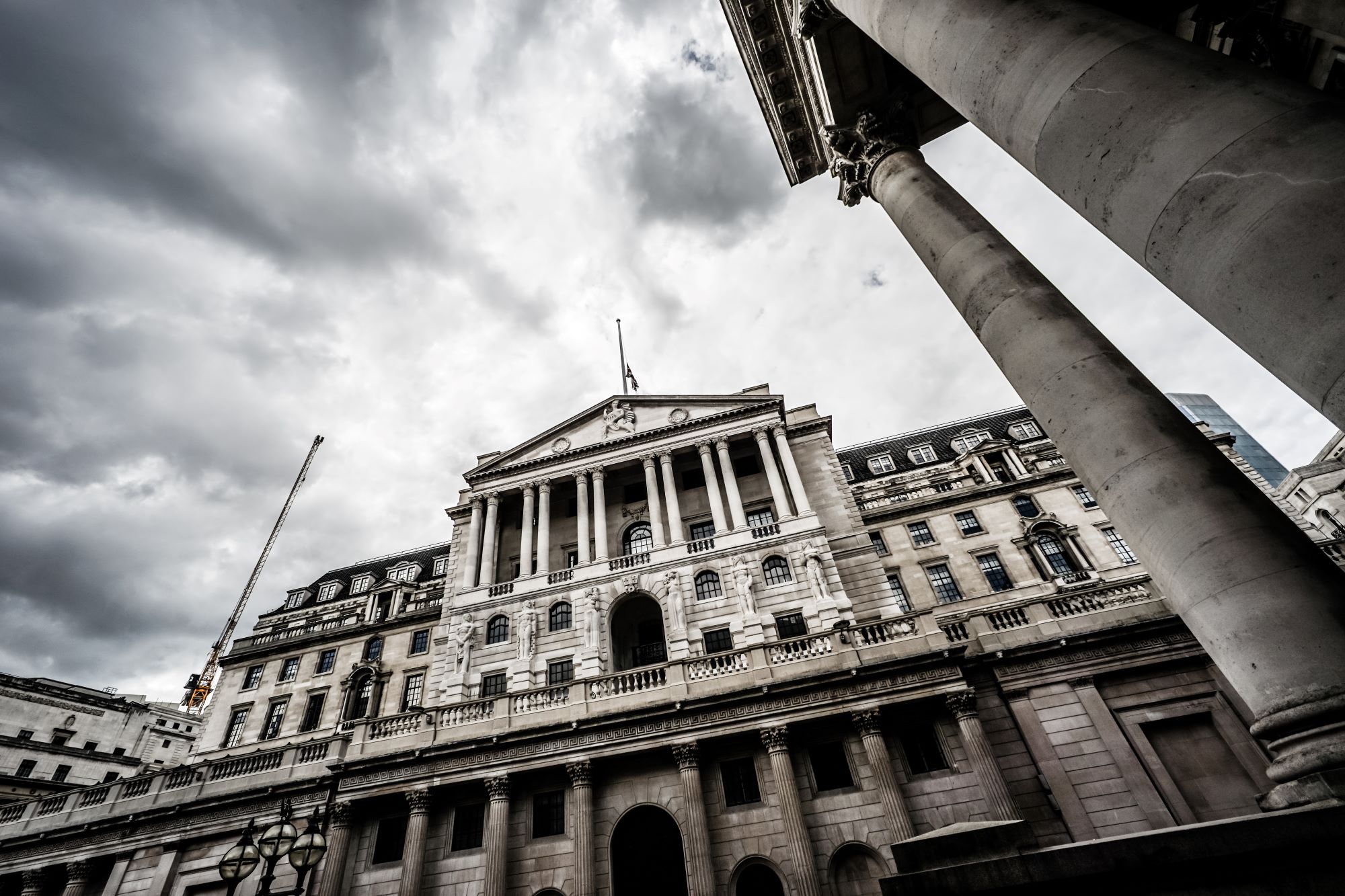
The UK may already be in a recession that could last for up to two years, the Bank of England said today.
It predicted what would be the longest recession on record, as it announced the biggest single rise in interest rates since 1989 and the eighth rise in a row, taking the base rate from 2.25% to 3%. The Bank’s Governor, Andrew Bailey, predicted the road ahead would be rough for businesses and households.
Two small crumbs of comfort in today’s report were the fact that the recession is predicted to not be as deep as most recent recessions and the fact that the Monetary Policy Committee (MPC) does not anticipate the base rate peaking as high as market expectations, even though it is likely to have to raise rates again in coming months.
The MPC suggests rates are likely to peak at 4.75%, rather than between 5% and 6% as many analysts have predicted.
Trade the answer to a recession
Commenting on today’s announcement, Marco Forgione IOE&IT director general, said:
“The idea that the UK is facing its longest recession since records began is incredibly concerning. In the Chancellor’s upcoming statement, due on 17 November, it is more vital than ever that British businesses, and particularly SMEs, receive assurance from government on support.
“On behalf of our members, we hope the Chancellor can provide certainty and stability. It was encouraging to hear the Secretary of State for International Trade, Kemi Badenoch, saying in International Trade Questions this morning that we need to ‘get our exports and investments going’.
“Trade will be a key tool in helping this country’s economy through some difficult months to come. We need long-term investment, and we’d refer the government to our suggestions to create a department and minister dedicated to border strategy. Investing in the border will pay for itself in the economic growth that will be created by getting more businesses to trade overseas.
“We will continue to work closely with all partners to support the competitive, sustainable and effective flow of trade. This will serve to stimulate our economy and minimise the impact of any recession.”
Sterling suffers again
While in isolation a rise in interest rates would normally strengthen a currency, markets reacted against Sterling after the announcement, with the Pound falling slightly against both the Dollar and the Euro.
This in part reflected the fact that both the Fed and ECB are pursuing similarly tough or even more aggressive monetary tightening, but also the fact that there is what Bailey referred to as a “UK premium” in terms of the economic picture looking bleaker here, certainly compared to the US.
Inflation the main enemy
Bailey was clear the Bank’s focus is on getting inflation back as close to its target rate of 2% as possible. CPI currently stands at over 10% and is expected to peak at 11% during the winter.
“People shouldn’t have to worry about inflation, which is why we have raised rates today,” he said. “If we don’t act forcefully now, it will be worse later on. There is a tough road ahead.”
The MPC’s decision is the second in a row made without seeing an update on government finances. The Office for Budget Responsibility will report to the Treasury ahead of the Chancellor’s statement on 17 November, while the MPC’s last meeting took place the day before the mini-Budget in September.
Bailey said that the Bank has had to base its predictions and forecasts on a new set of assumptions as to what fiscal policy has been announced, given the unusual situation with the policy on support for energy bills having being launched, but most other fiscal policy still undecided or unannounced.
Bailey added that the MPC has also been forced to allow for a much greater upside risk on inflation than in previous forecasts, suggesting that there remains a strong possibility that inflation won’t ease off as expected in the second half of next year.
Inflation for exports
Nicholas Blenkinsop, trade and customs specialist at the IOE&IT, agrees that targeting inflation makes sense.
“Inflation makes goods and services more expensive and this increase in costs means traders have less disposable income to make their purchases. Higher interest rates tend to cause the exchange rate to rise, as it attracts more foreign capital as investors can get a greater return.
“Lower exchange rates mean UK imports become more expensive as traders need more Sterling to purchase the currency required to pay overseas suppliers. For exports a low exchange rate makes exports more competitive for UK traders as their overseas customers will require less Sterling to pay their UK suppliers.”



